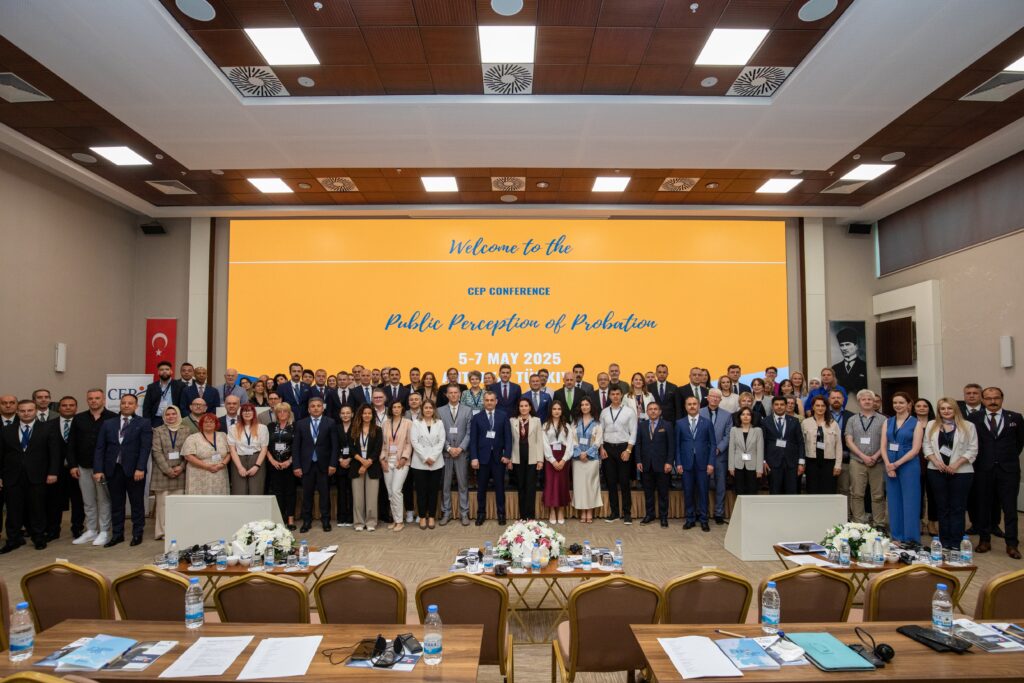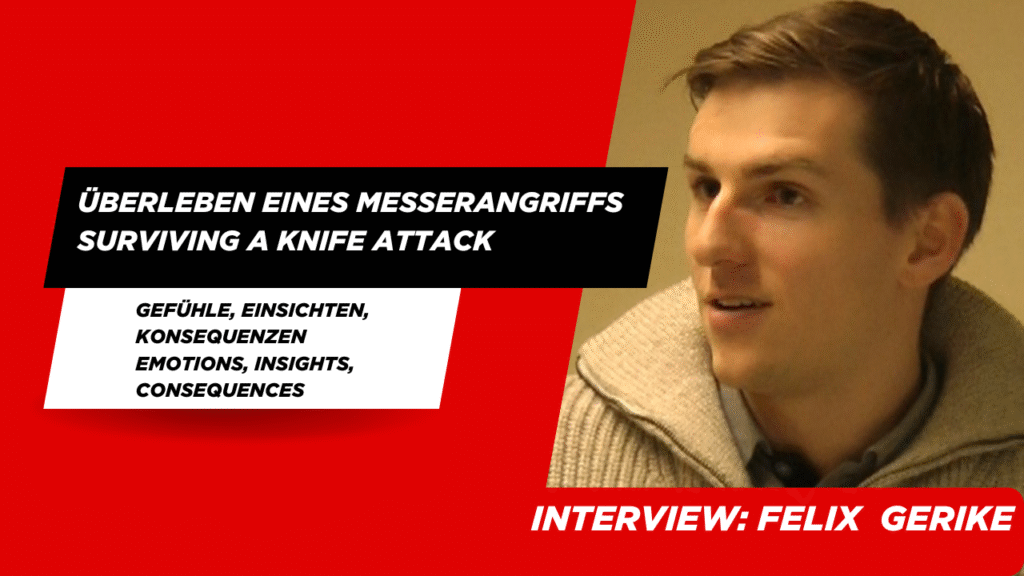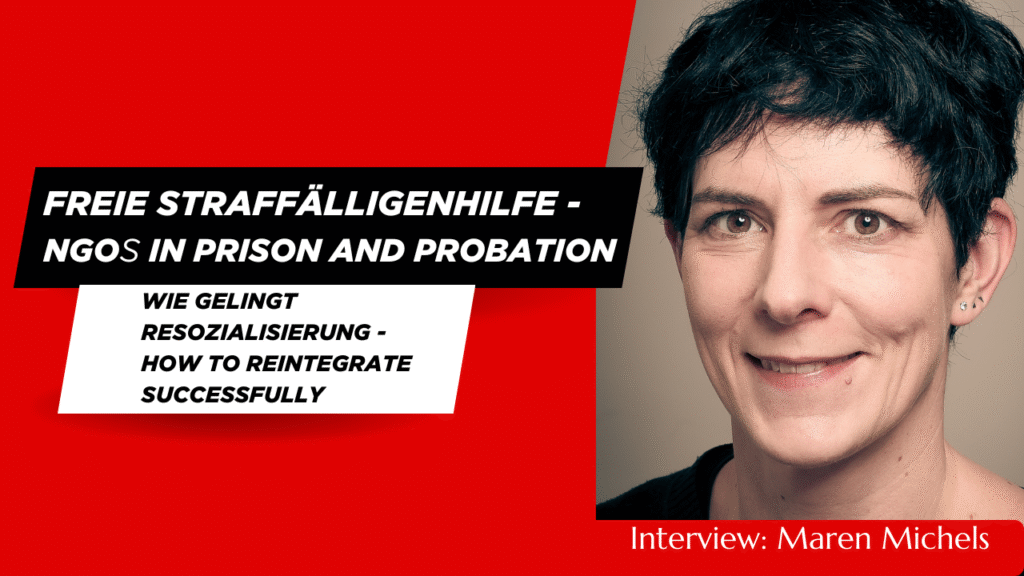Previous Article
News
HELP project: preventing radicalisation through international cooperation and training
The phenomenon of terrorism and the rise of radicalisation leading to violent extremism continues to constitute a global threat that, in recent years, has particularly targeted European countries. These actions are not always caused exclusively by hierarchical organisations but also by lone actors, small cells, cross-border terrorist travel, terrorist training or financing of terrorism. Furthermore, many terrorists planning and perpetrating attacks on European soil are themselves European citizens.
An article by Eva Massa Arranz, Radicalisation Prevention Project Coordinator, Council of Europe HELP Programme.
While states have been responding to terrorist attacks at both national and supranational level, it is not enough to fight terrorism. We must prevent it by addressing and stopping terrorist radicalisation and recruitment.
Radicalisation is not a single fact or event, but a path that a person follows for a period of time that may be triggered by both internal (motivation, frustration, deprivation, manipulation, discrimination etc.) and external factors (lack of socioeconomic opportunities, marginalisation and discrimination, etc.), which leave a profound print on the human soul. For this reason, a wide range of preventive actions is needed to address the problem. Countering radicalisation requires international cooperation between states, as well as co-operative work of all involved key legal actors, through an inter-agency methodology.
Action against radicalisation should aim at preventing it in places where it is currently taking place such as schools, prisons or on the Internet.
A priority for the EU and the Council of Europe
Tackling terrorist radicalisation and recruitment is a priority for both the EU and the Council of Europe (CoE), which must work together to ensure a balance between guaranteeing the safety and security of member states and the respect of fundamental rights of citizens across Europe.
Security-based counter-terrorism measures have proven to be insufficient against radicalisation, after two decades of a solely security-approach. It is therefore essential to face this problem from a human rights and rule of law perspective. In this regard, the CoE has been particularly active, setting international standards and adopting legal instruments in the counter-terrorism field, namely, the 2005 Convention on the Prevention of Terrorism to further strengthen the efforts to prevent and suppress terrorism in all its forms, while respecting human rights and the rule of law, and its Additional Protocol addressing criminal law aspects of the phenomenon of foreign terrorist fighters and returnees. The Council has also renewed its counter-terrorism strategy for the period 2018-2022 based on prevention, prosecution and protection, including assistance to victims. It also has established the Committee on Counter-Terrorism (CDCT), to oversee and ensure the successful implementation of relevant CoE legal instruments.
It is also important to highlight the case law of the European Court of Human Rights (ECtHR) related to the fight against terrorism, which establishes the general principles applicable, resulting from each particular case.
EU-CoE HELP project on Radicalisation Prevention
The EU-CoE “HELP Radicalisation Prevention” project aims at improving the criminal justice response in the EU to prevent radicalisation leading to terrorism and violent extremism by increasing the capacities and mutual trust of justice practitioners dealing with this problem, through training, inter-agency and cross-border cooperation. With EU funding, the two-year project is implemented by the CoE under the HELP Programme and targets judges, prosecutors, prison and probation staff. HELP is the CoE Programme “Human Rights Education for Legal Professionals” and develops courses online accessible for free on its e-learning platform.
Under the project, a series of seminars have been organised with the objective of sharing mutual learning, exchange of good practices and cooperation. The first seminar was held on 15 and 16 March 2018 in the CoE premises in Strasbourg with a focus on (penitentiary and judiciary) risk assessment tools, mainly to evaluate practices and use. The second seminar, held on 20 and 21 September 2018 in Brussels, hosted by the Belgium Institute of Judicial Training, aimed at sharing views and best practices on preventing and tackling radicalisation. The third seminar will be held in Strasbourg on 23 and 24 September 2019.
The project also includes the development and implementation of a course under the CoE-HELP Programme in cooperation with key European partners (i.e. European Organisation of Prison and Correctional Services (EUROPRIS) and National Training Institutions from relevant EU Member States). Probation staff can participate in this free online course which, due to the large number of countries interested, will be launched in two separate venues:
- Athens, for prison and probation staff from Greece, Germany and a multi-national group gathered by the Confederation of European Probation (CEP);
- Brussels, for prison and probation staff from Belgium, Spain and Austria.
Educating and training law enforcement agencies, including probation and prison leadership and staff, on these matters is of the utmost importance in order to provide a complete and coherent response to radicalisation and to help preventing it. Participants in the HELP course will greatly benefit in their daily job from the relevant and practical content of this course.
This is a relatively new and evolving area where international cooperation will be crucial in the future in terms of joining efforts, sharing best practices and setting standards and guidelines. The EU-CoE Project “HELP Radicalisation Prevention” provides a unique opportunity to do so.
For more information about the HELP project, please visit their website.

Related News
Keep up to date with the latest developments, stories, and updates on probation from across Europe and beyond. Find relevant news and insights shaping the field today.
Recap

CEP Events, Communication and Awareness-Raising
Recap: Conference on Public Perception of Probation
06/05/2025
From 6 to 7 May, the CEP Conference on the Public Perception of Probation in Europe took place in Antalya, Türkiye, bringing together over 100 participants from more than 20 countries. The event offered space for open discussion, exchange of experiences, and practical ideas on how probation is seen and supported across Europe.
New

Probation in Europe
New Interview Online with Felix Gerike, a survivor of a knife attack
01/05/2025
What do victims of violent crime need to recover—and what can be done to prevent such attacks?
In the latest episode of Division_Y, Jo Tein, CEP board member, speaks with Felix Gerike, a survivor of the 2023 Brokstedt knife attack in Germany. Felix played a crucial role in disarming the attacker, helping to prevent further harm. He shares his personal experience, reflections on victim support, and his views on justice and policy responses to violent crime.
Probation in Europe
New Executive Summaries for the report on Building Probation Capacity in Spanish and Italian
01/05/2025
Updated

CEP Board, Probation in Europe
New Interview Online: Maren Michels – The Role of NGOs in Probation
22/04/2025
In the newest Division_Y interview, Maren Michels, director of the Hamburg Welfare Association, shares her experiences and reflects on the vital role that NGOs play in supporting people during and after incarceration.
New

CEP Events
Want to Win a CEP Award? See How Finland Did It – Apply for 2025!
22/04/2025
We’re excited to share an exclusive interview with the winners of the Development of National Probation Services Award from the CEP Awards 2022:
The Prison and Probation Service of Finland.
New

Volunteers
International Day for Community Volunteers
17/04/2025
17 April – International Day for Community Volunteers!
Today, we celebrate the inaugural International Day for Community Volunteers Supporting Offender Reintegration—a day dedicated to acknowledging the vital contributions of volunteers who assist individuals in their journey back into society.
This initiative was launched during the 2nd World Congress for Community Volunteers, held alongside the 6th World Congress on Parole and Probation in The Hague (16–18 April 2024).
At CEP, we’re proud to support the official Declaration on the International Day for Community Volunteers. We’re also actively involved in the CoPPer project—a European initiative aimed at promoting community participation in probation services. CoPPer focuses on training volunteers to support individuals under supervision, helping them access education, employment, and community connections.
A heartfelt thank you to all the community volunteers out there—your dedication makes a real difference.
Subscribe to our bi-monthly email newsletter!
"*" indicates required fields
- Keep up to date with important probation developments and insights.

